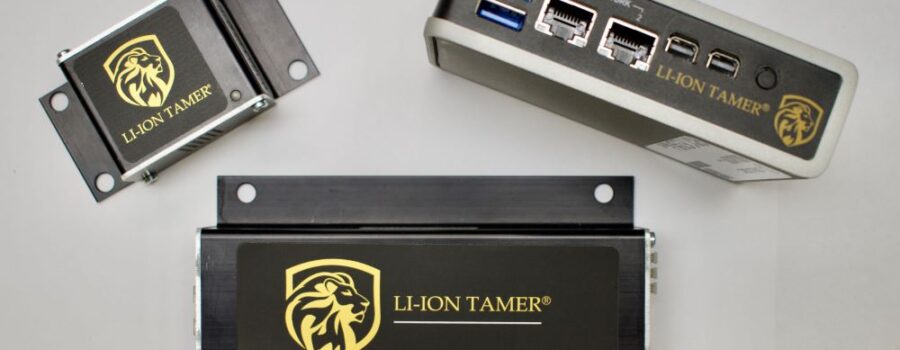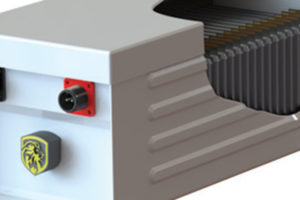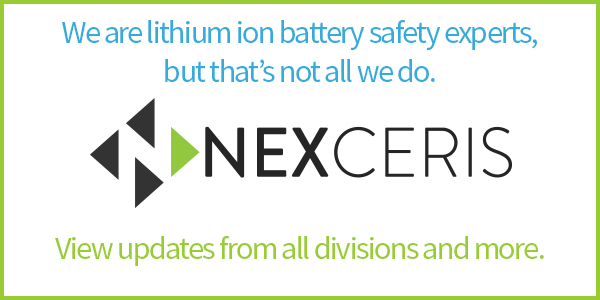Batteries are critical to a number of existing and emerging power systems in naval vessels, including motive power for unmanned underwater vehicles and directed energy weapons on surface ships. There are numerous other applications within the Navy (and within DoD) where lithium ion batteries are being used or planned for use, including: emergency back-up power on ships, auxiliary power on aircraft, land-based directed energy weapons systems, UAVs, and depot storage of batteries used in soldier power systems.
Reliability and safety are critical concerns for advanced battery systems. Over-charged, degraded or damaged lithium-ion batteries emit hazardous gases that can cause explosions or mass fire casualty if left unchecked. Current battery monitoring methods, such as temperature and voltage, are insufficient for detecting impending battery failures with enough time to take mitigating action. Better measurement tools and safer li-ion battery methods are needed to protect Navy personnel and assets from potential fires and damage caused by lithium ion battery off-gassing.
Current battery monitoring methods, such as temperature and voltage, are insufficient for detecting impending battery failures with enough time to take mitigating action.
The Li-ion Tamer® off-gas monitor rapidly detects flammable gases emitted from compromised lithium ion batteries (such as diethyl and dimethyl carbonates), providing an alert (or trigger) so that action can be taken to avert a potential safety issue.
The U.S. Navy has supported Li-ion Tamer® product development work at Nexceris since 2010. This support enabled Nexceris to establish the core gas sensing technology, design the algorithms that enable early warning of battery failure, to prototype hardware, and to gain valuable field testing experience. This technology now is available to battery system integrators and end users within the commercial sector to increase the safety of products based on lithium ion batteries.
|
Let us help make your technology safer. |
|
|---|---|
|
Contact us for a free consultation with our battery experts and discover ways to improve the safety of lithium ion batteries in your specific application. |
|






